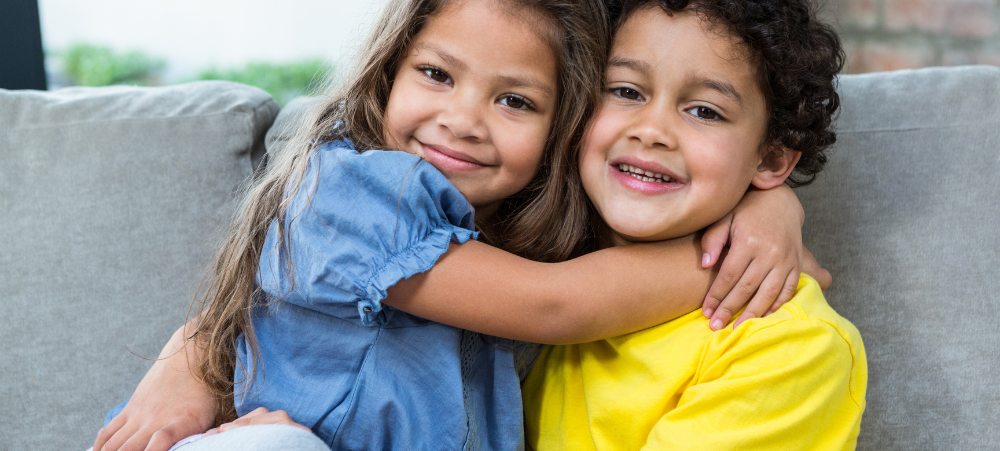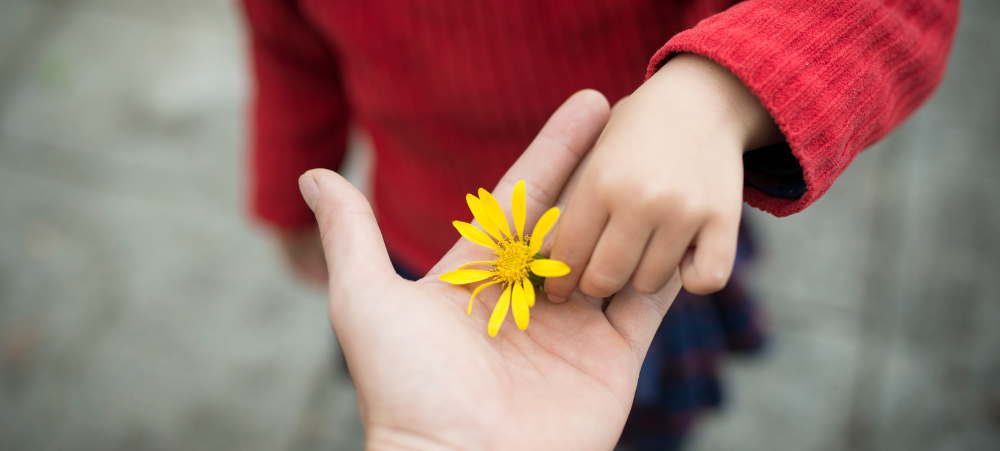Understanding your child’s personality is key to helping them thrive, but sometimes it’s tricky to distinguish between introversion and shyness. While both can involve quietness or hesitation in social situations, they are quite different—and knowing which one describes your child can guide the best way to support them.
What’s the Difference Between Introversion and Shyness?
Introversion is a natural personality trait. Introverted children feel energised by spending time alone or in calm environments, and they often prefer deep, one-on-one interactions over large groups. They are not necessarily anxious about socialising; they just find social situations draining and need downtime to recharge.
Shyness, on the other hand, involves feelings of nervousness, fear, or discomfort in social settings. Shy children want to engage but may hold back due to worry about being judged or embarrassed. This can cause distress or avoidance of social interactions.
Signs Your Child Might Be an Introvert
- Enjoys solitary activities like reading, drawing, or puzzles
- Prefers a few close friends over many acquaintances
- Needs quiet time to recharge after social events
- Thinks before speaking and may be reflective or observant
- Comfortable being alone and doesn’t seem anxious about social situations
Signs Your Child Might Be Shy
- Hesitant to join group activities or speak up in class
- Shows signs of nervousness like blushing, stammering, or fidgeting
- Avoids eye contact or social gatherings
- Expresses worry about making mistakes or being laughed at
- May feel upset after social interactions or avoid them altogether
How to Support Your Child
For Introverted Kids
- Respect their need for quiet and alone time
- Encourage activities that match their interests and energy levels
- Help them practice social skills at their own pace without pressure
- Create environments where they feel safe to open up
For Shy Kids
- Offer gentle encouragement to face social fears gradually
- Validate their feelings and avoid pushing too hard too fast
- Role-play social situations to build confidence
- Celebrate small social successes and be patient with setbacks
When to Seek Help
If shyness is severe or leads to intense anxiety, isolation, or interferes with daily life, consulting a child psychologist or counsellor can provide strategies and support.
Final Thought
Whether your child is an introvert or shy, understanding their unique needs helps you nurture their confidence and happiness. Both personality traits are normal and valuable—embrace your child’s individuality and support them to grow in their own way.
Sources
- Introversion vs. Shyness – Psychology Today
- Helping Shy Children – Child Mind Institute
- Parenting Introverted Children – American Psychological Association
We understand that there are many aspects that encompass a Mother, Father or Child and strive toward providing resources and services that accommodates this.
Our content is aimed to inform and educate families on issues starting from pregnancy through to the challenges of the teen-age years.
- Say Hello to the Ultimate Holiday Brunch Bite - December 17, 2025
- Tiny Toons Looniversity Returns: Meet the Voice Behind Plucky and Hamton! - December 12, 2025
- From Pain to Possibility: Panado®’s New Marketing Campaign, Highlights The Joy Of Pain Relief - December 10, 2025





